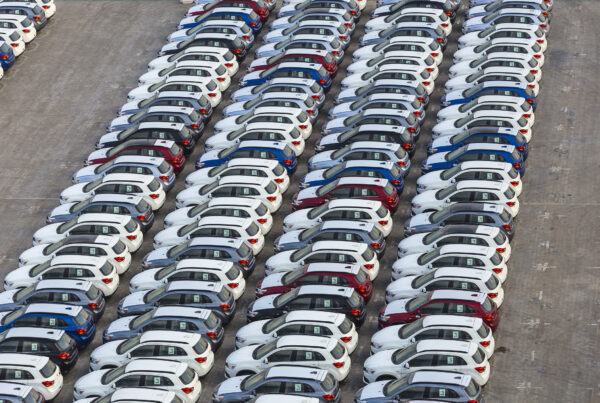The Vietnam Automobile Manufacturers Association (VAMA) has proposed a significant overhaul of the special consumption tax rates for hybrid electric vehicles (HEVs) and plug-in hybrid electric vehicles (PHEVs). According to VAMA, this will help align tax rates with the environmental benefits these vehicles offer and support Vietnam’s Net Zero commitment by 2050.
The association’s proposal suggests that the tax rate for HEVs should be set at 70 per cent of the rate applied to conventional petrol or diesel vehicles. This reflects the 30-40 per cent improvement in fuel efficiency and emissions that HEVs provide over internal combustion engine (ICE) vehicles.
For PHEVs, they recommend reducing the tax to 50 per cent of the rate applied to petrol or diesel vehicles, down from the current 70 per cent. This proposed reduction aims to make them more attractive to consumers.
Under the existing tax system, vehicles using a mix of petrol and electric power are taxed at 70 per cent of the rate for ICE vehicles, provided fuel use does not exceed 70 per cent of the total energy consumed.
Encouraging Adoption through Financial Incentives
VAMA argues that the current special consumption tax rates make HEVs and PHEVs 10-20 per cent more expensive than similar ICE vehicles. This results in slower adoption rates in Vietnam compared to other countries. By adjusting the tax rates, they believe that these vehicles will become more financially accessible, potentially leading to increased adoption, and supporting Vietnam’s goal of reducing emissions.
Nguyễn Ngoc Thái, a tax expert from KPMG, highlighted how preferential tax policies have successfully boosted HEV and PHEV adoption in other countries. For instance, Thailand offers tax rates that are 17-27 per cent lower than those for ICE vehicles. This has lead to an 86.58 per cent increase in HEV and PHEV sales in 2022. Similarly, Indonesia’s tax reductions have increased the market share of these vehicles from 2 per cent in 2018 to 15 per cent in 2023.
Short-Term Revenue Impact vs. Long-Term Benefits
According to VAMA, the proposed tax incentives for HEVs and PHEVs may decrease state budget revenue in the short term. However, the long-term benefits are significant. By reducing fuel consumption, Vietnam aims to save over VNĐ27 trillion (AUD $1.62 billion) annually, and lessen its reliance on imported crude oil, which could save VNĐ29 trillion (around AUD $3 billion). This shift is also expected to reduce CO2 emissions by over 2.6 million tonnes. It is also expected to aid the country in meeting its carbon reduction goals.
Strategic Tax Policy Shift
The proposed changes align with a broader global trend towards favouring indirect taxes. This includes value-added tax (VAT) and special consumption tax, over direct taxes. This approach not only encourages sustainable behaviour but also helps balance tax systems while promoting economic efficiency and environmental sustainability.
Nguyễn Văn Phụng from the General Department of Taxation noted that Vietnam is adapting its tax policies to reflect these global trends. However, he emphasized the importance of careful design to avoid unintended negative consequences.
The proposed tax changes aim to make eco-friendly vehicles more accessible, contributing to a cleaner environment and supporting the Vietnam’s long-term sustainability goals.
Did you find this article interesting? Click the ‘heart’ button above to give it a ‘like’!


















